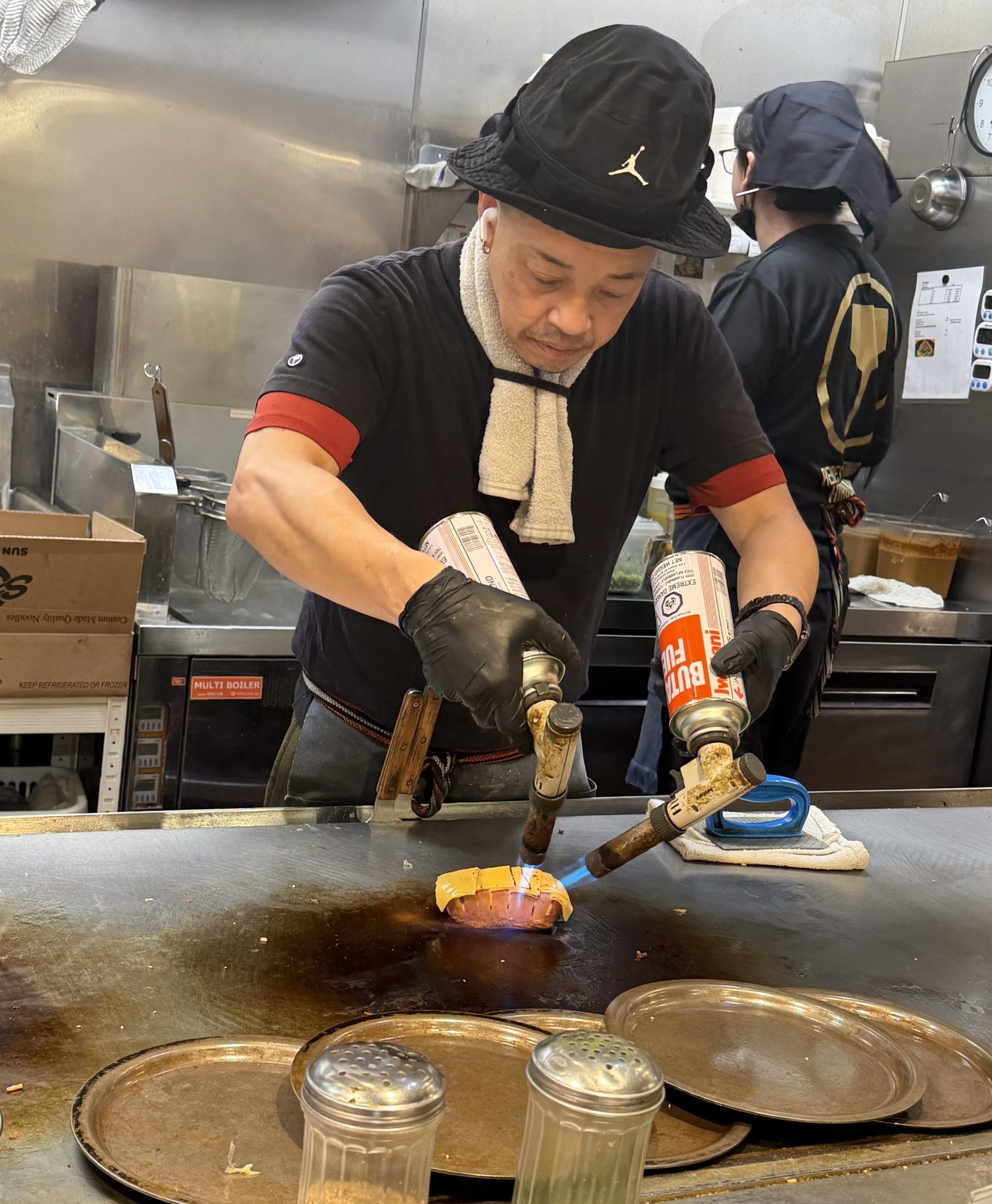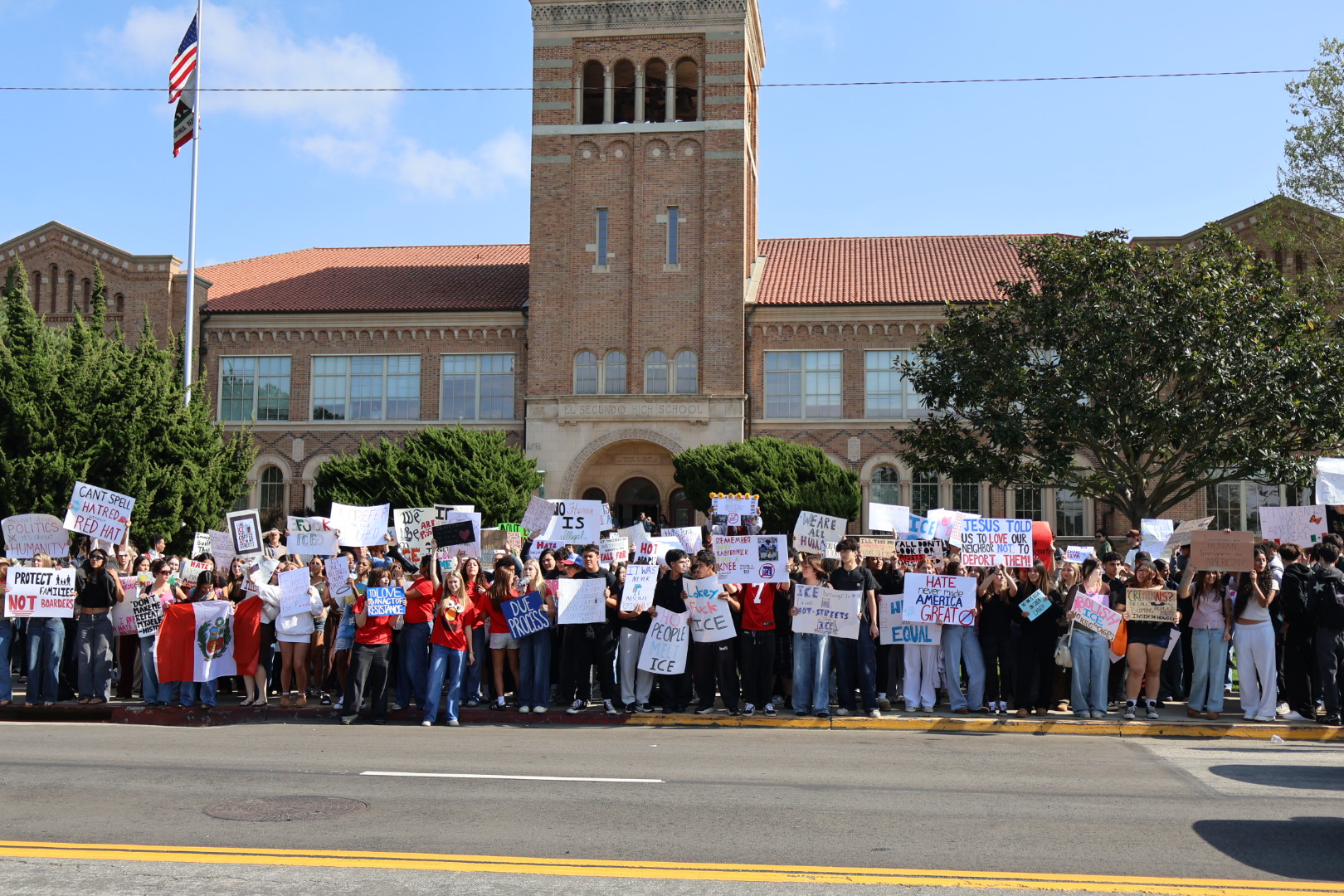by Elka Worner
Every few weeks Hermosa Beach resident Joe Bahm heads to LAX to pick up a special package from South Korea.
He tracks the flight’s arrival time and scans the international terminal for two couriers who match the photos on his phone.
“That’s them,” Bahm says as he approaches a young couple pushing two large crates.
Their precious cargo: two puppies rescued from dog meat farms in South Korea.
“Sometimes my hair








